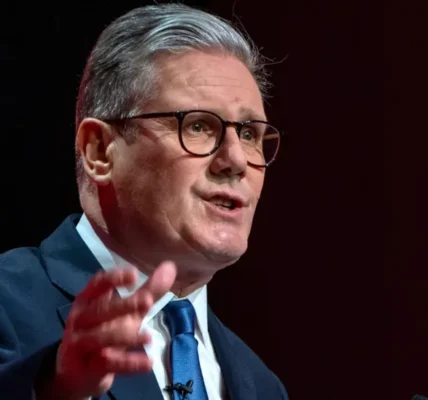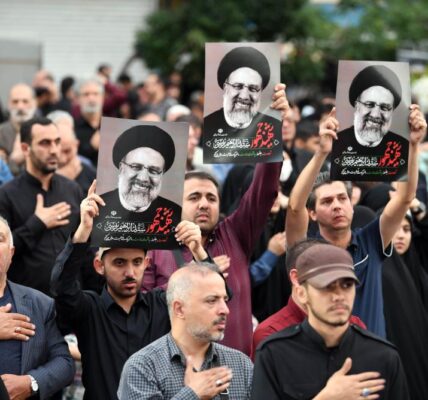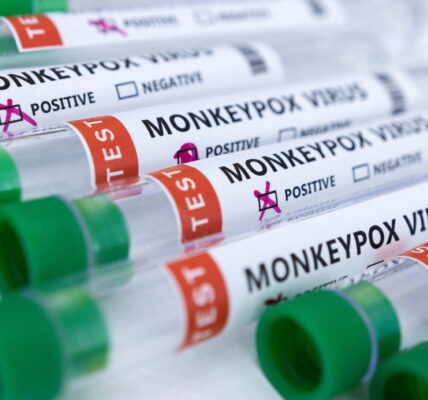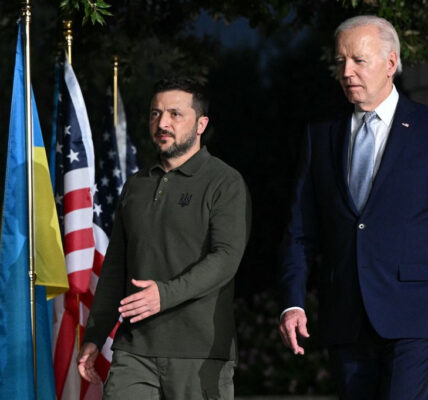
A leading security expert who fears MPs are at heightened risk of attack has shared a roadmap for how safety can be improved. Author Philip Grindell, a former detective who advised Parliament on security for MPs after the killing of Jo Cox, warned there is growing unhappiness with Labour over issues such as the farmers’ inheritance tax plans and the axing of the winter fuel allowance.
He said a growing list of “grievances” had emerged since the Budget and that Labour MPs need to be acutely aware of the increased risks.
Mr Grindell, the founder and CEO of the security consultancy Defuse Global, said: “Politicians need to take action themselves to reduce the risk that they may be harmed by disgruntled individuals angered by the controversial measures outlined in the Budget. Some of the government policies caused a ‘deeply emotional response’. While the vast majority will express deep dissatisfaction, those on the fringes may become increasingly angry and could take more direct action. Some will become fixated on their grievances and may become dangerous.”
In a further bid to help, Mr Grindell has provided five tips on reducing the risk of being attacked:
“The Prime Minister and the Chancellor appear to be saying, ‘we’ve made our decision and that’s the end of it’. That doesn’t allow any negotiation room or any discussion room for someone who’s got a grievance. What they seem to be saying to farmers is ‘go and speak to your accountants’. That’s not particularly helpful. You’ve got to be open to discussing and listening to what their concerns are.”
Mr Grindell said that MPs should ensure they are taking the appropriate security advice from the police and the parliamentary security teams.

He added that MPs should make sure that their constituency offices are secure environments for both themselves and their staff. This, he added, could be achieved by speaking to a security professional.
He added: “Every MP is entitled to a protective security package at their home address and at their constituency surgery office. What often happens is they have it at their home address, but neglect to take precautions at their office. They want free security at their home, but no MP has ever been attacked at their home address. They have to remember they have a duty of care to people working in their constituency office and anyone who visits.”
“I would suggest that any MP that is meeting with local constituents on a one-to-one basis, as in a surgery, should engage with the police to ascertain if there’s any reason why they shouldn’t be speaking to any individual they are planning to meet. That isn’t suggesting the police are going to share any criminal convictions, but it does allow the police to do a review and either say you should or shouldn’t meet this person unaccompanied.”
“There is a proper way to set up and manage any room in which you are having a meeting with a member of the public. The room should have a desk or a table to create a barrier, and the MP should be sitting nearest to the door. The MP and their team should welcome the visitor into the room and ask them to sit across from them, furthest from the door. If there is an incident, this allows the MP and their staff to escape from the room and potentially secure the ‘threat’ in the room. Under no circumstances should the visitor be allowed to sit closest to the door, as it could give them the opportunity to block access in the event of a confrontation. This is a critical piece of advice based on how a number of other fatal attacks have occurred”.




























































































































































































































































































